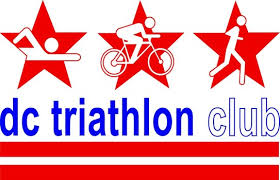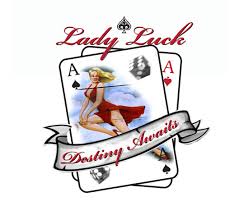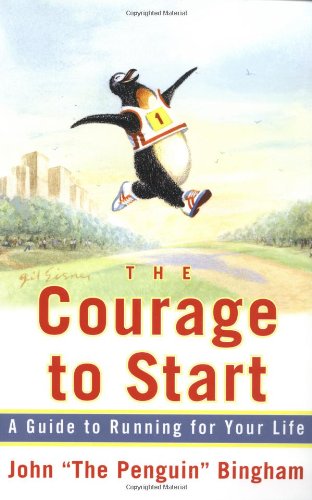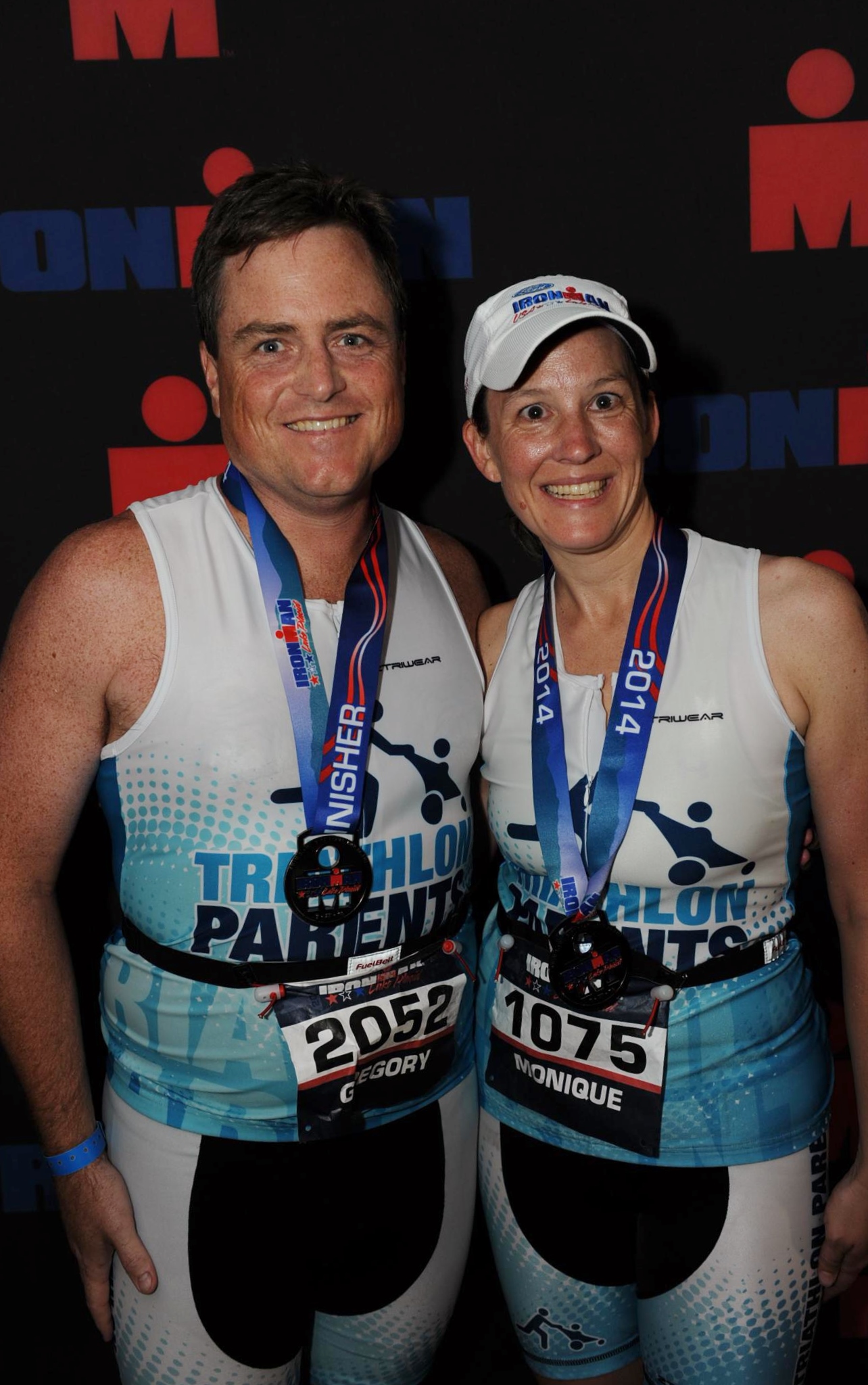In my work with Symmetrics Group, we have a common approach in our training sessions. We say that we will (1) Remind you of some best practices you used to do, and have forgotten/gotten away from, (2) Reinforce the good habits/practices that you’re currently doing and (3) Reveal at least one new thing to improve your performance.
In our first meeting with Coach AJ, I found an interesting dynamic. My fellow DC Tri Ironman Training athletes are a mix of veteran Ironman finishers and first timers. So, for the first timers, like Greg, the Reveal section was pretty powerful – learning a lot about nutrition, pacing, recovery etc. For me, however the majority of information was Remind and Reinforce. That said, I had two big takeaways:
(1) Core training should include your glutes. They are the most powerful muscle in your body, yet most triathlon trailing doesn’t do anything to hone and strengthen them. With all that time on the bike and then on the run, your glutes go under-leveraged. So, strengthening your glutes gives your body more support for the bike to run transition, and better support your quads and hamstrings. So, bring on the squats and lunges.
(2) Use a run/walk method in your training. Basically, AJ’s point is that at the Ironman distance, you’ll probably both run and walk the marathon. So, you might as well train that way. This sounds logical, but I still can’t mentally overcome my 10+ year habit of “train to run the race”. Data suggests that in Ironman, your marathon time – for middle-of-the-pack, age group athletes – is faster with the “Galloway” method of running for a period of time (say, 9 minutes) then walking (for 1 minute) instead of running for as long as you can, and then ad hoc walking and running. This “new” approach is part mental, and part physical; and I’m sure it’s more gentle on the body. In some ways,I guess her guidance is the equivalent of saying “walk the water stops”, which appear every mile. But to train this way is just different. Greg has tried this in training and claimed that it works well – he felt better at the end than with other 9 mile runs. I’m still stubborn and haven’t tried it, but perhaps will start with the longer runs.
I’m curious to hear what other veteran triathletes have heard lately that have changed their thinking. What else have you learned along the way that has changed the way you train?




